How Montreal cardiologists are turning to AI to predict heart problems
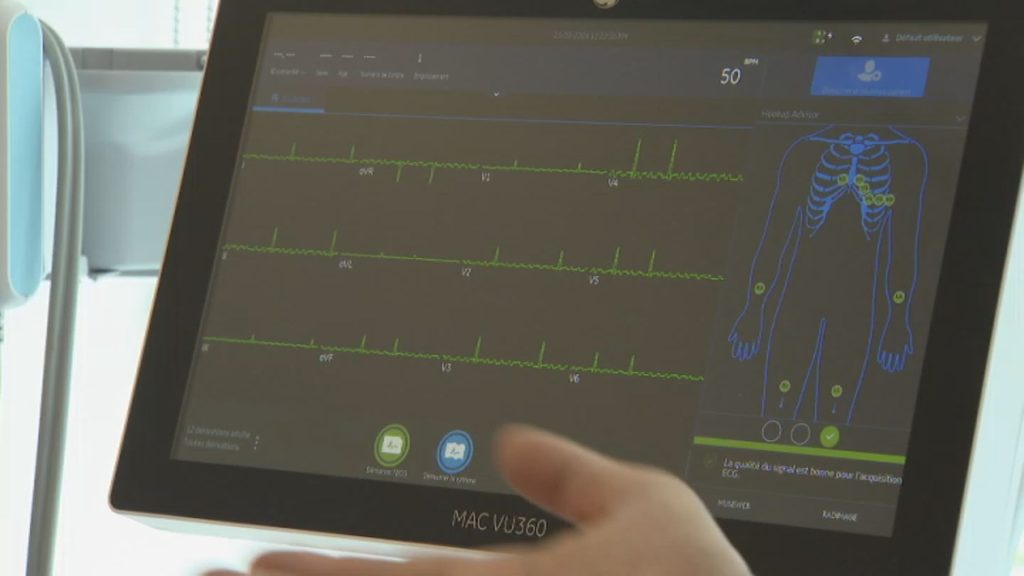
Posted September 23, 2024 5:41 pm.
Last Updated September 23, 2024 6:42 pm.
The Montreal Heart Institute has started using artificial intelligence (AI) to predict which patients could be at risk of developing atrial fibrillation, a type of cardiac arrhythmia whereby the heart has an abnormality in the timing or pattern of the heartbeat.
Cardiologist Dr. Rafik Tadros and Dr. Robert Avram conducted a study where they assessed more than a million patient electrocardiograms (ECGs) while training the AI software.
“AI will happen, it’s happening in the health-care system and we will see it more and more in the future,” said Tadros. “It’s very important for the general population to be aware that AI is a tool that physicians use, they are not there to replace physicians.”
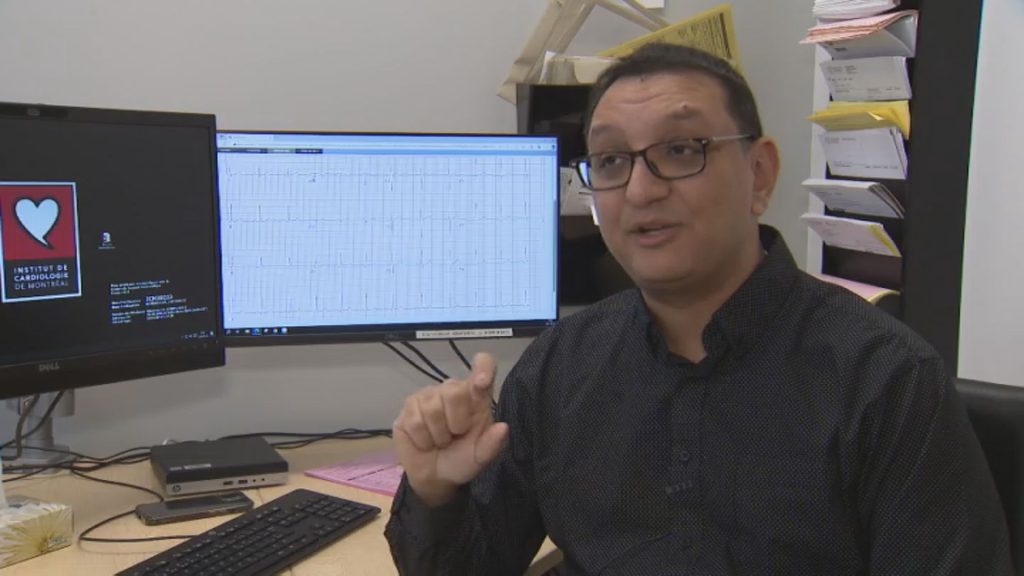
Using a 10-second ECG, Dr. Avram said the software is able to predict a patient developing atrial fibrillation within a few years. He adds the new algorithm was developed to scan through millions of normal ECGs and determine the answer ahead of time.
He said the progress has become so exponential that it does better than the human eye.
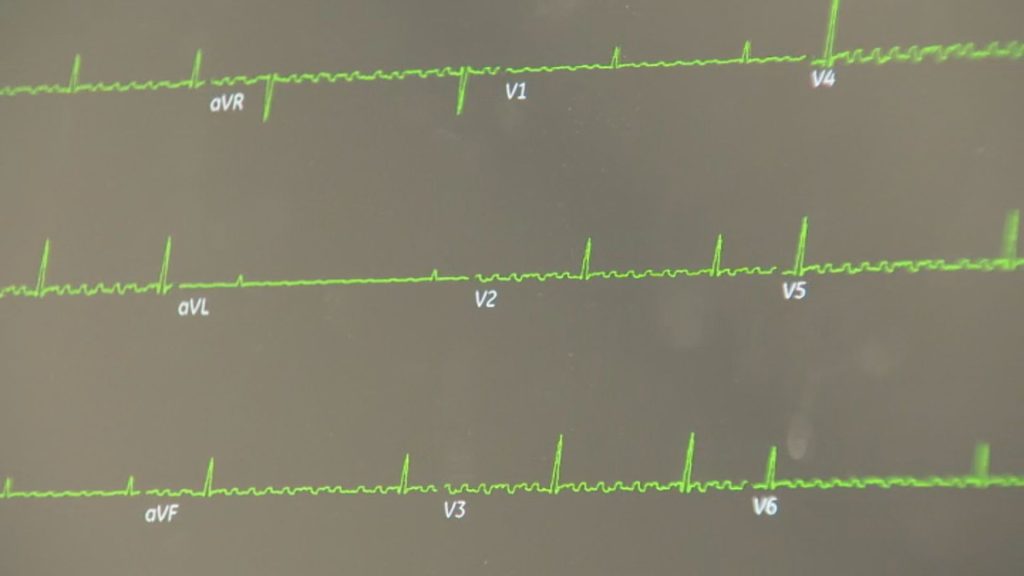
“The question we ask is ‘can we take patients that do not have the disease?'” Avram said.
“In the next five years society is going to be transformed because of the different AI applications that are being developed, they’re going to exceed all our expectations.”
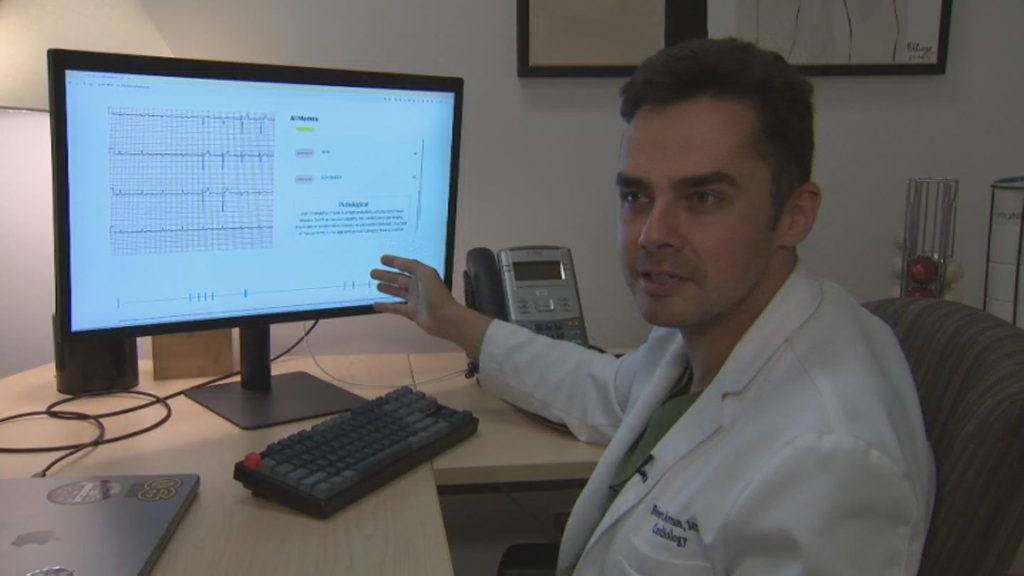
Dr. Avram showed an ECG chart of a patient with a high risk of developing a type of cardiac arrhythmia, saying without the software, most cardiologists would have determined it was normal.
“That’s the gap that AI fills,” he said.
“It’s able to look at millions of patterns to learn features for certain diseases that us, as cardiologists or doctors are just not experts at.”
Dr. Tadros said one of their findings shows that patients are at risk of having stroke and having dementia. He says it’s very important to predict and diagnose which patient could have intermittent atrial fibrillation, which is where bursts could happen sporadically lasting minutes or even days.
Common misconceptions
“A lot of people, I think, misconceive a bit that the AI is learning every time you interact with it and that’s not true,” Avram said.
Avram said AI advancements happen daily with their program acting like a computer, trained in obtaining information and data from hundreds of thousands of ECG results over the course of a few months.
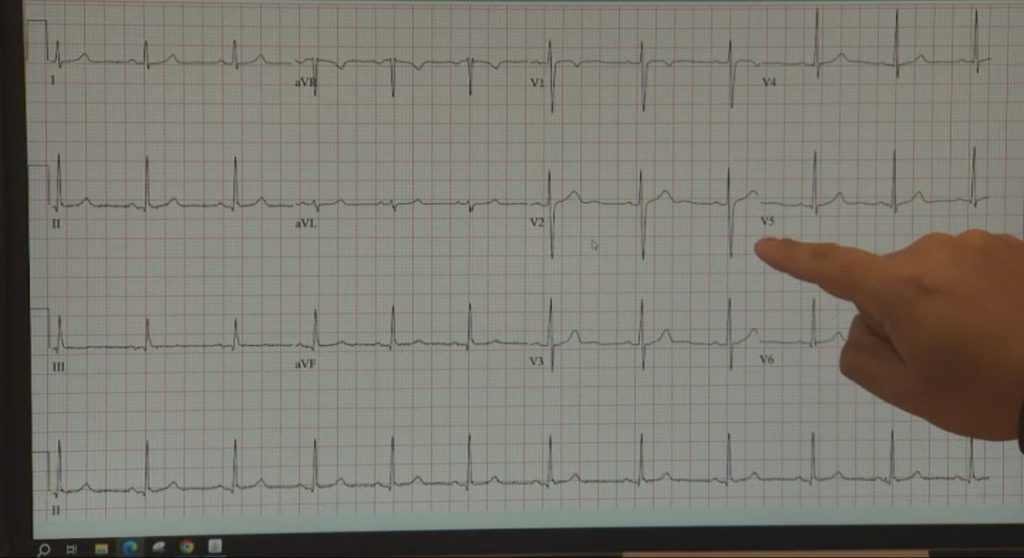
Dr. Tadros said the AI model looks at the P-wave on an ECG, which represents the electrical depolarization of the atria of the heart. The wave is where anomalies are detected.
“Essentially the more data you have, the more compute you need to learn from that data,” Avram explained. “There is no ceiling inside for the performance. The more data you throw at it, the higher the accuracy.”








